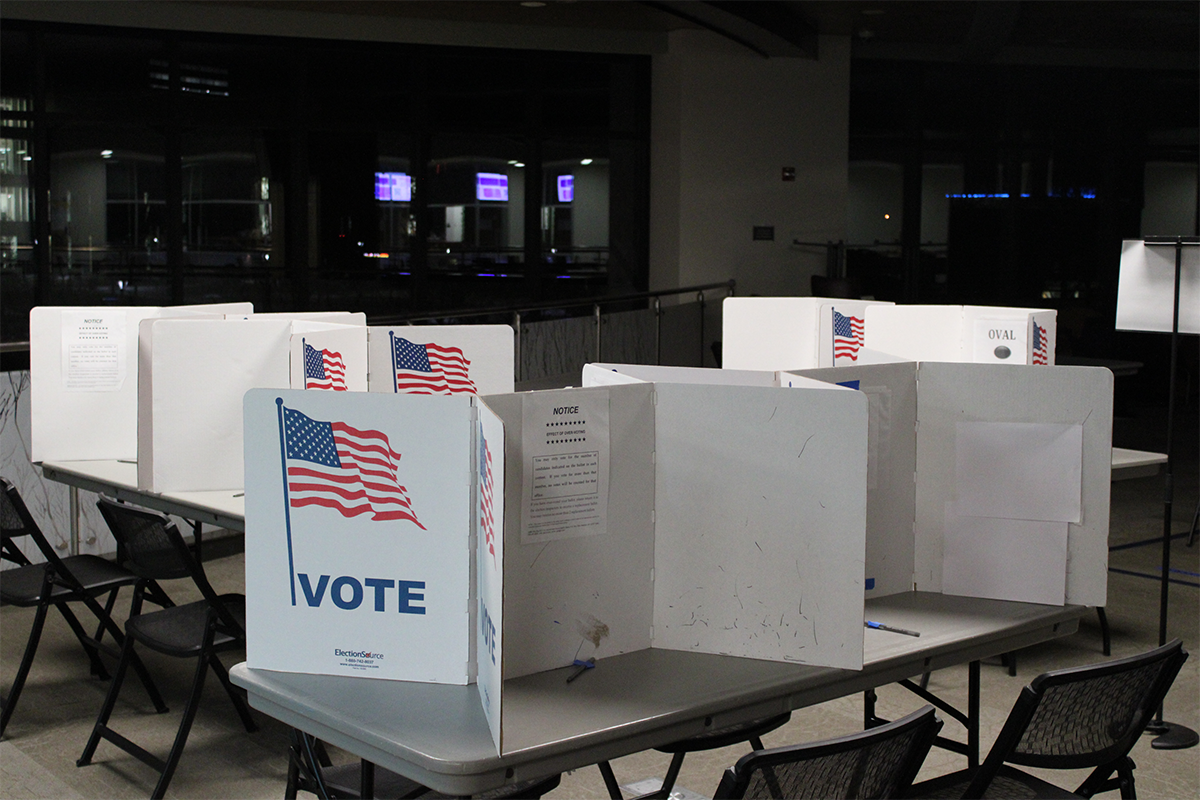When sophomore Jake Mosey came to UW-Eau Claire last year without a cell phone, it forced him to become dependent on his landline phone in Murray Hall.
Now he no longer has that problem after he purchased a cell phone later that summer. Instead of relying on his landline phone, he said, he uses his cell phone for everything – even local calls.
“I basically just store all my numbers in my (cell) phone and use that,” Mosey said. “It’s much easier so I don’t have to look (the numbers) up in the phonebook.”
This ideology has caught the attention of Housing and Residence Life, and may be a factor in whether or not the local landline service, provided by SBC, will be removed partially or entirely from the dorms in the next few years.
Housing Director Chuck Major said the idea has been talked about over the past few years, but a complete solution hasn’t been found. The dilemma, he said, is that he doesn’t have concrete facts about students’ phone habits in the dorms.
“If students told me that they primarily use a cell phone and not a landline … then we’d have to look at reducing the number of lines,” Major said.
The cost of the dorm landline service runs around $26,000 each month or $312,000 annually, said Nancy Revak, coordinator of telephone services on campus. During the past few semesters, she estimates that students’ use of landline phones has declined roughly 50 percent.
United Hall Council President Chris Wagner said the landlines are beneficial to students in the dorms because some may not have cell phones or come from rural areas where they don’t have the greatest need for them.
Sophomore Erin Schalow, who doesn’t own a cell phone, said she uses her landline phone occasionally to call her parents and friends, but relies on other means such as AOL Instant Messenger and e-mail to contact people.
“I really don’t use the phone a whole lot,” she said.
Out of the 4,000 landlines across campus, 2,186 are used for the dorms, Revak said.
For the time being, Major said, Housing will add two new questions to its spring satisfaction survey, which will ask whether or not students have a cell phone, how they use it and if they use it in place of their landline.
“We get a pretty good turnout from that survey,” Major said. “After we look at that data, we would have some facts to go on to make future decisions.”
With that data, Housing has a few options, Major pointed out. It could remove the landline service altogether, partially or provide cell phones for each student in the dorms.
In comparison to other universities in the UW System, Major said none of those ideas have been implemented.
“There aren’t too many universities around the country that have gone this way yet,” Major said. “There’s a lot of issues to look at before we make any changes.”






